Sale!
Olah
Original price was: $900.00.$800.00Current price is: $800.00.
The supply of animals cannot keep up with the demand for biomedical research studies on COVID and other diseases. (In-depth story by Jackie Flynn Mogensen for Mother Jones Magazine, June 23, 2022, interviewing National Primate Research Centers Directors and staff.)
Some of the benefits to human health made possible through the use of rhesus macaques include: development of the rabies, smallpox, and polio vaccines, discovery of the Rh factor in blood

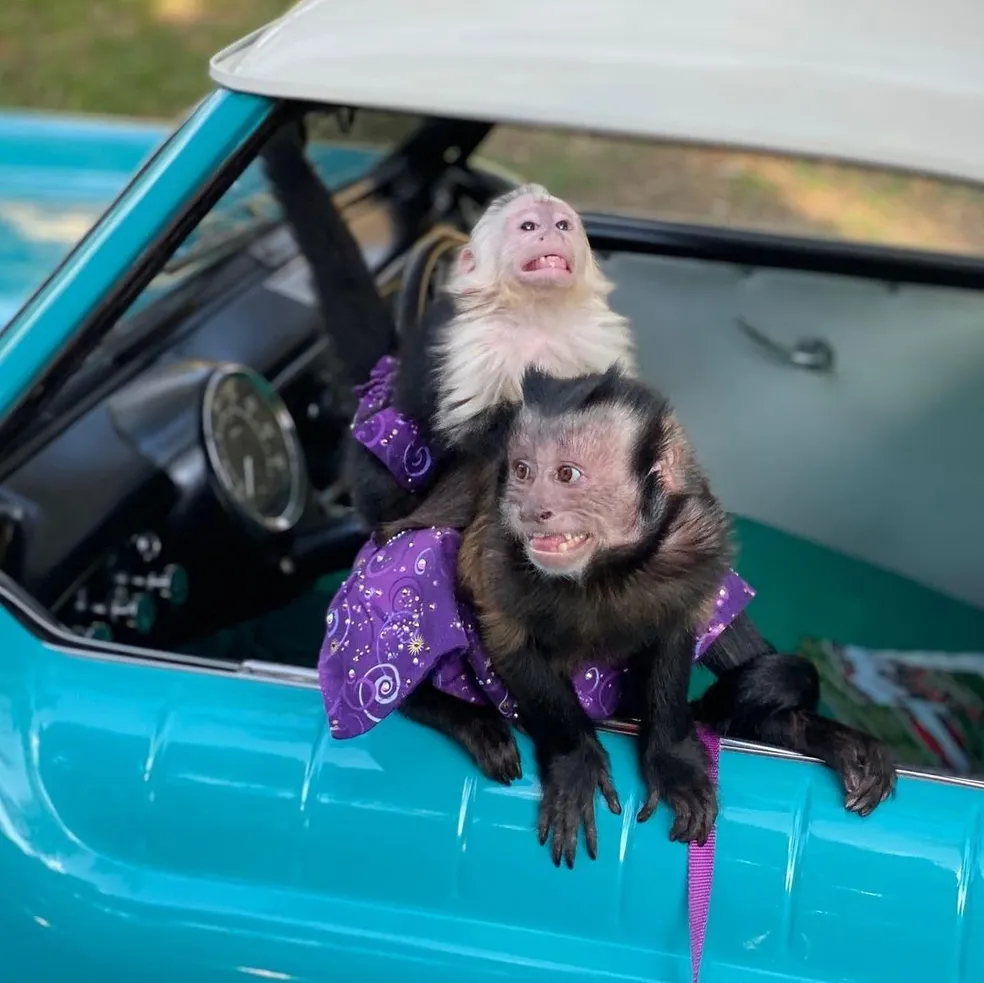
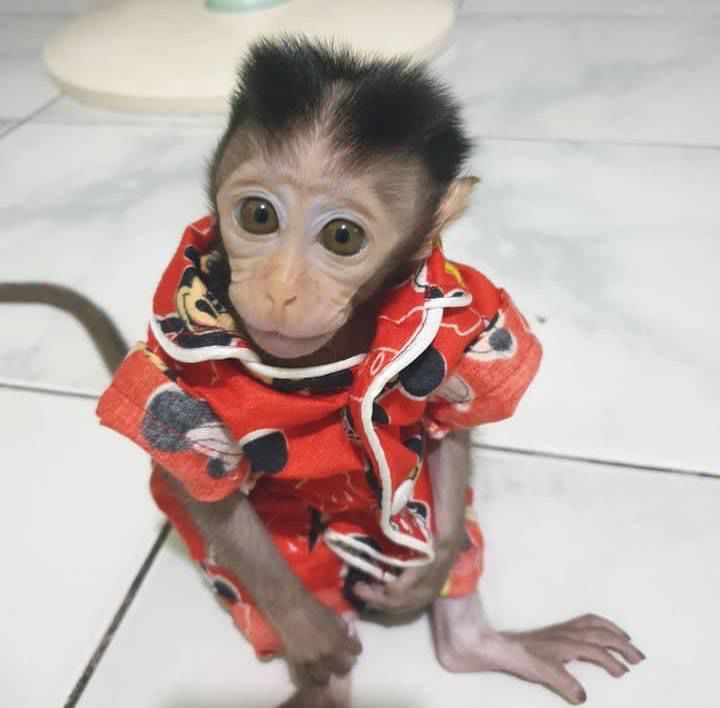
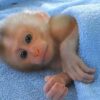

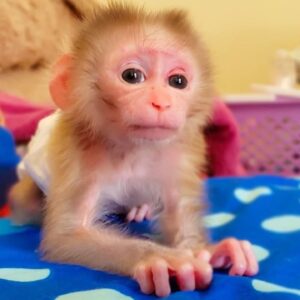

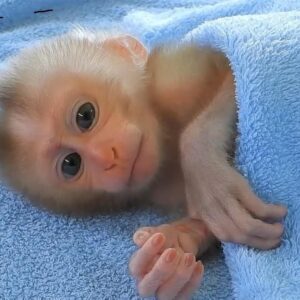
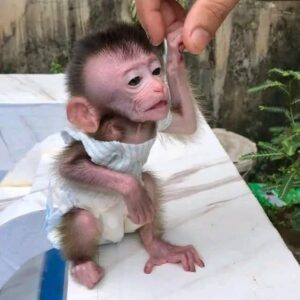

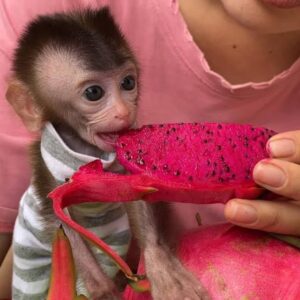
Reviews
There are no reviews yet.